We may earn money or products from the companies mentioned in this post. This means if you click on the link and purchase the item, I will receive a small commission at no extra cost to you ... you're just helping re-supply our family's travel fund.
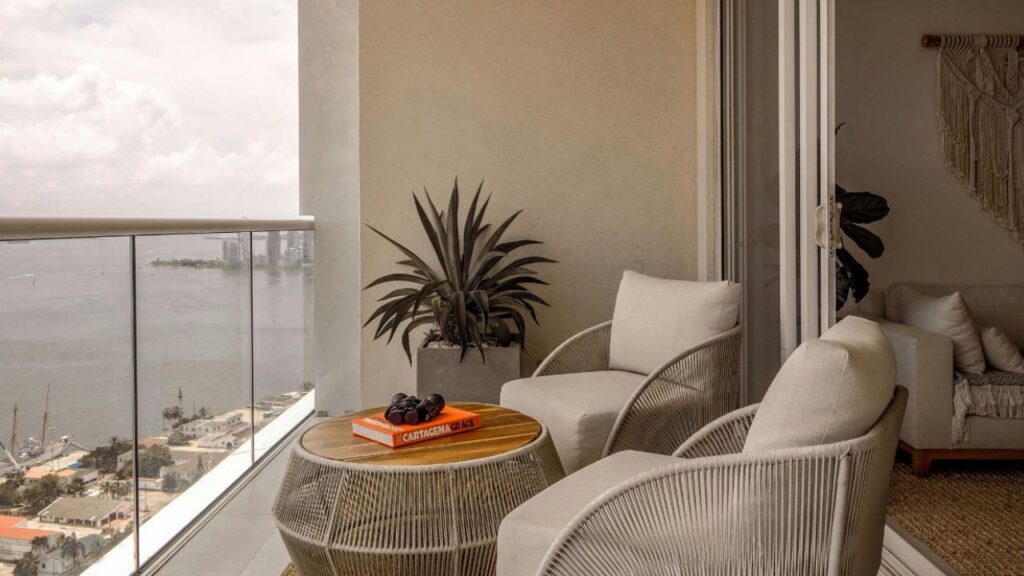
Airbnb rentals are convenient, but guests must follow rules and laws. Ignoring them can cost you security deposits, penalties, or even legal action. Many prohibited actions are tied to house rules, Airbnb’s policies, or local ordinances. Understanding these restrictions helps you avoid trouble and ensures a smoother stay. Here are 12 things you are not legally allowed to do in an Airbnb rental and why following them is crucial.
Smoking Inside the Property

Smoking inside an Airbnb is almost always forbidden. It leaves lingering odors, damages furniture, and can violate health codes. Hosts often include strict no-smoking rules to avoid costly cleaning. If you must smoke, do so in approved outdoor spaces, if allowed, and properly dispose of waste. Ignoring these rules can lead to extra cleaning fees or even a negative review that impacts your ability to book future stays.
Hosting Unauthorized Parties or Events
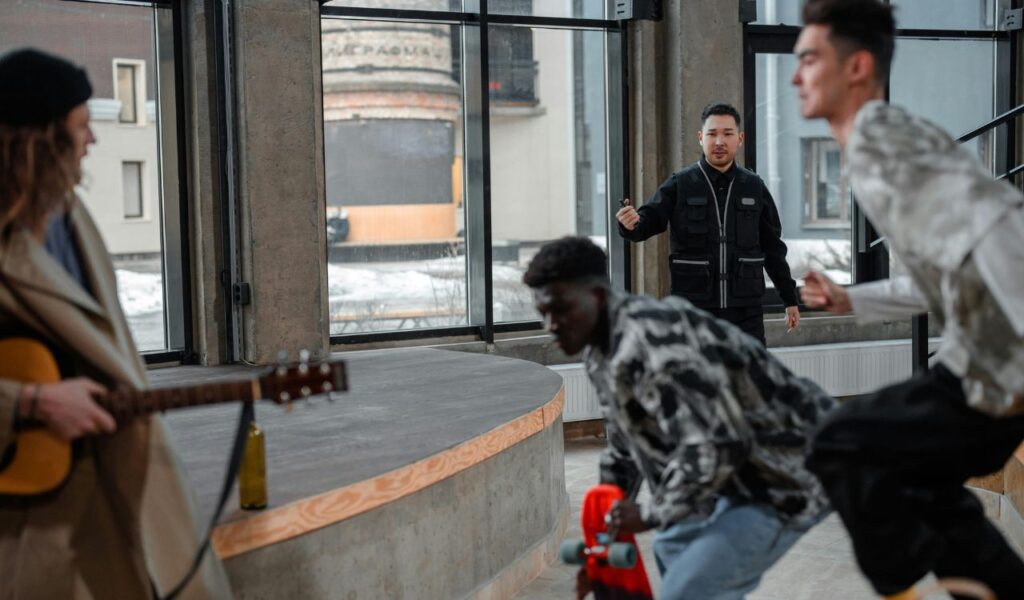
Airbnb enforces a no-party policy to prevent property damage and neighborhood disruption. Throwing a party without approval violates both platform rules and local noise ordinances. Neighbors may complain, and police involvement is possible. Parties often lead to fines, suspension from Airbnb, or eviction. Always check with your host before inviting guests, and keep gatherings small to avoid problems and ensure compliance with property and city regulations.
Bringing Pets Without Permission

Bringing pets without approval is a serious violation. Many listings prohibit pets due to allergies, damage risks, or insurance limits. An unauthorized pet can result in eviction, cleaning fees, or forfeited deposits. If a listing is pet-friendly, confirm details with your host in advance. Service animals are typically exempt from restrictions, but communication is key. Respecting pet rules avoids unnecessary conflict and maintains trust between guests and hosts.
Making Excessive Noise

Excessive noise disturbs neighbors and can break local laws. Cities often enforce noise ordinances, especially during nighttime hours. Airbnb expects guests to respect community standards. Loud music, shouting, or late-night gatherings can lead to fines, eviction, or police visits. Keeping noise low protects neighborhood relationships and avoids complaints. Using headphones or lowering the volume after hours is an easy way to stay within acceptable limits and avoid legal trouble.
Rearranging Furniture Without Approval

Moving furniture might seem harmless, but it can scratch floors, damage walls, or break items. Many hosts explicitly ban rearranging in their house rules. If you need adjustments for accessibility or comfort, ask first. Unauthorized changes can result in cleaning fees or repair costs. Always leave the space as you found it. Respecting the setup shows courtesy and prevents disputes with hosts who expect their property to remain intact.
Subletting or Renting Out the Space
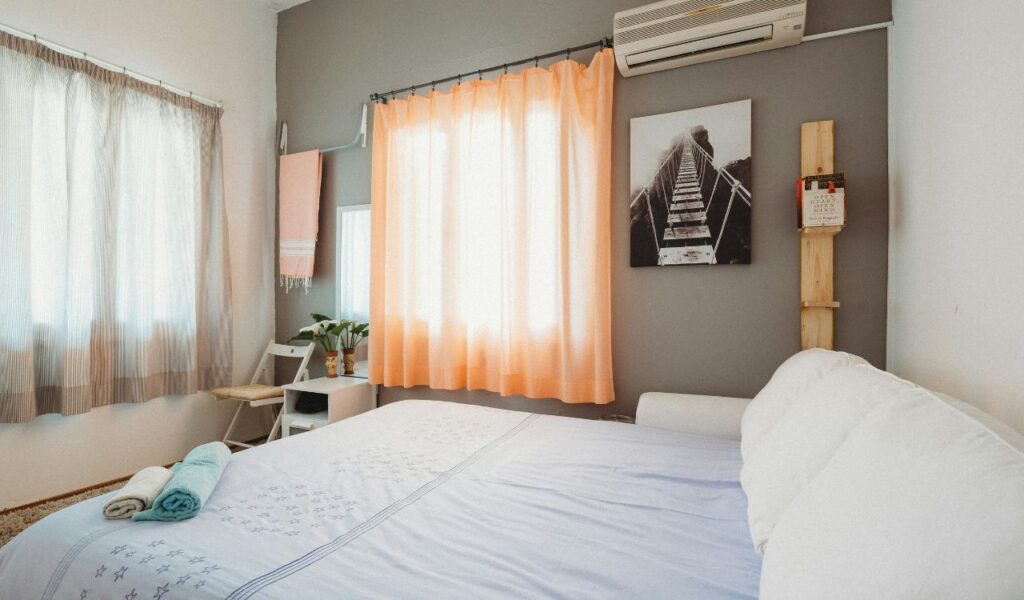
Subletting an Airbnb to someone else is strictly prohibited. Only registered guests may stay during the booking. Adding unapproved occupants or renting out the property violates Airbnb’s rules and often local housing laws. Such actions can lead to cancellation, penalties, or even legal consequences. Always provide accurate guest details when booking and avoid sharing access. This protects both you and the host while ensuring compliance with short-term rental regulations.
Damaging Property

Guests are legally responsible for damage caused during their stay. Broken furniture, stained linens, or intentional harm can lead to deposit deductions or further claims. Airbnb’s Host Guarantee covers some damages, but guests remain liable for negligence. Report accidents immediately to the host to avoid disputes. Treating the rental with care helps maintain trust and ensures a smooth checkout without unexpected fees or legal issues arising after your departure.
Violating Local Rental Ordinances
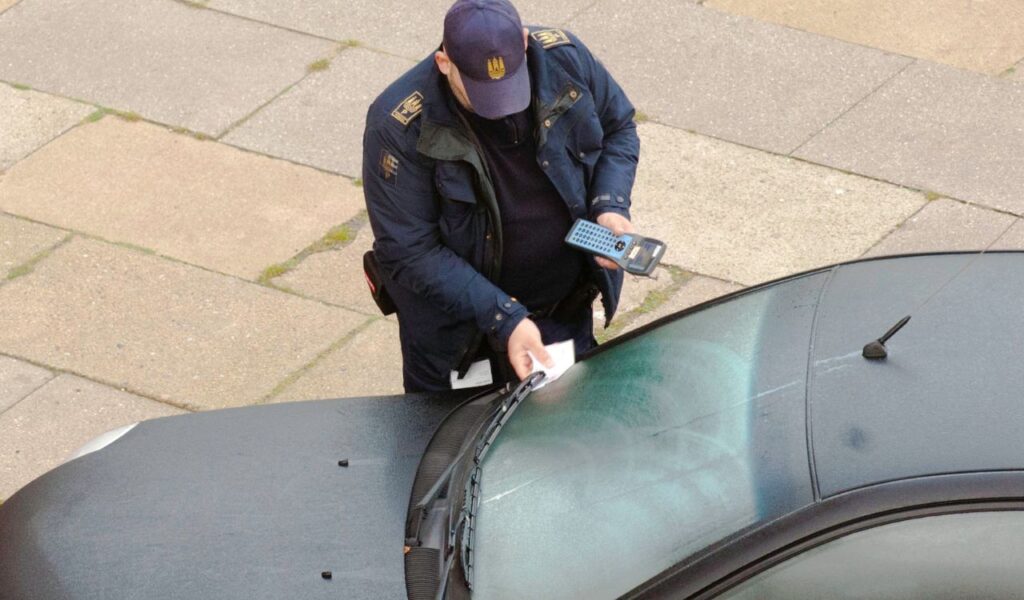
Many cities have strict short-term rental laws governing noise, parking, and occupancy. Guests must comply with these regulations. Violations may lead to fines or even forced removal. Some areas restrict certain activities, such as commercial filming or unapproved gatherings. Familiarize yourself with local rules before arrival to avoid issues. Following these ordinances keeps both you and your host safe from legal trouble and maintains Airbnb’s standing within regulated communities.
Engaging in Illegal Activities
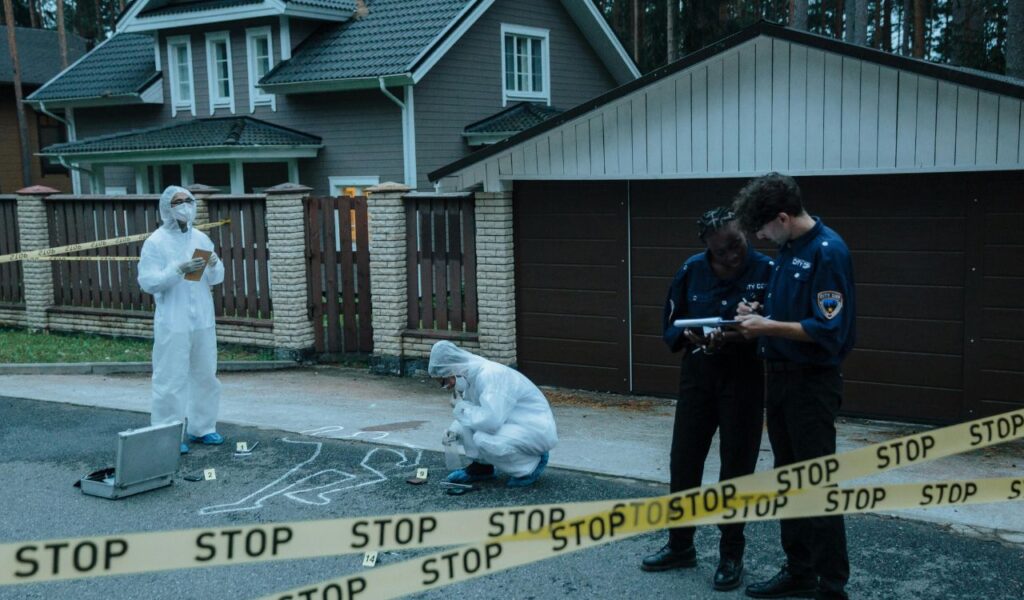
Using an Airbnb for illegal purposes is a major offense. Activities like drug use, fraud, or unlicensed business operations violate laws and Airbnb policies. Hosts and neighbors can report suspicious behavior, leading to eviction, police involvement, or legal action. Airbnb actively monitors for such violations and may permanently ban offenders. Staying law-abiding ensures a safe visit, protects hosts from liability, and prevents you from facing serious consequences during your stay.
Discriminating or Harassing Others

Airbnb enforces strict anti-discrimination and anti-harassment policies. Guests must treat hosts, neighbors, and others with respect. Discriminatory behavior or harassment violates civil rights laws and Airbnb’s guidelines, potentially resulting in account suspension and legal action. Everyone is expected to maintain a welcoming and inclusive environment. Simple courtesy and respect help avoid conflicts and ensure a positive experience for all parties involved during your stay in an Airbnb rental.
Extending Your Stay Without Approval

Staying beyond your booking without permission is trespassing. Hosts can involve authorities if guests refuse to leave. Any extensions must be approved and processed through Airbnb to be valid. Overstaying can lead to legal action and damage your rental history on the platform. Always plan your departure carefully and request extra nights in advance to avoid conflicts or accusations of occupying the property illegally beyond your booking dates.
Misusing Wi-Fi or Streaming Services

Airbnb hosts provide internet for everyday use, not for illegal downloads, hacking, or account sharing on paid streaming platforms. Activities like pirating movies or running unauthorized servers can be traced back to the property, exposing both you and the host to legal action or fines. Use the network responsibly and follow copyright rules to stay out of trouble and keep the connection reliable for normal browsing and work needs.